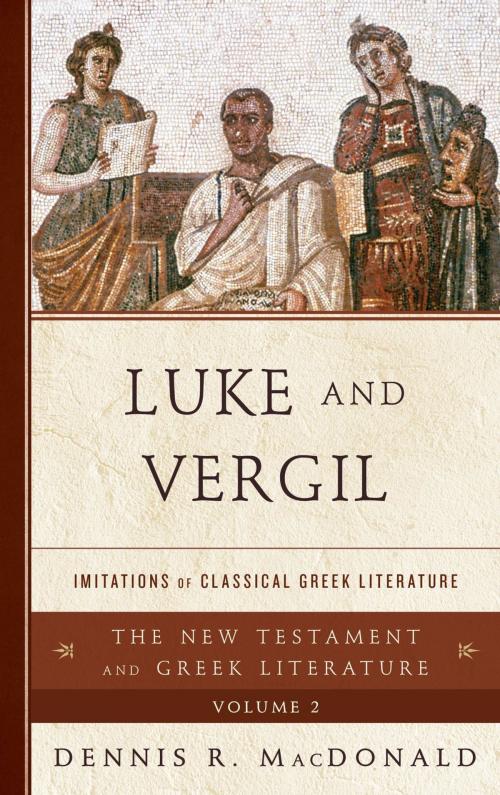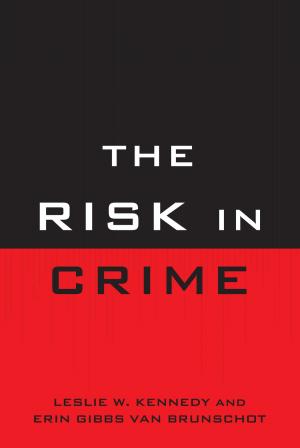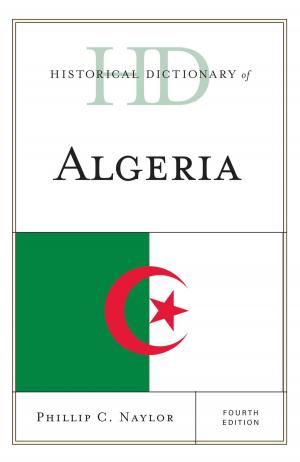Luke and Vergil
Imitations of Classical Greek Literature
Nonfiction, Religion & Spirituality, Christianity, Church, Church & State, Bible & Bible Studies, Reference| Author: | Dennis R. MacDonald | ISBN: | 9781442230552 |
| Publisher: | Rowman & Littlefield Publishers | Publication: | November 5, 2014 |
| Imprint: | Rowman & Littlefield Publishers | Language: | English |
| Author: | Dennis R. MacDonald |
| ISBN: | 9781442230552 |
| Publisher: | Rowman & Littlefield Publishers |
| Publication: | November 5, 2014 |
| Imprint: | Rowman & Littlefield Publishers |
| Language: | English |
These two volumes of The New Testament and Greek Literature are the magnum opus of biblical scholar Dennis R. MacDonald, outlining the profound connections between the New Testament and classical Greek poetry. MacDonald argues that the Gospel writers borrowed from established literary sources to create stories about Jesus that readers of the day would find convincing.
In Luke and Vergil MacDonald proposes that the author of Luke-Acts followed Mark’s lead in imitating Homer’s Iliad and Odyssey, but greatly expanded his project, especially in the Acts, but adding imitations not only of the epics but also of Euripides’ Bacchae and Plato’s Socratic dialogues. The potential imitations include spectacular miracles, official resistance, epiphanies, prison breaks, and more. The book applies mimesis criticism and uses side-by-side comparisons to show how early Christian authors portrayed the origins of Christianity as more compelling than the Augustan Golden Age.
These two volumes of The New Testament and Greek Literature are the magnum opus of biblical scholar Dennis R. MacDonald, outlining the profound connections between the New Testament and classical Greek poetry. MacDonald argues that the Gospel writers borrowed from established literary sources to create stories about Jesus that readers of the day would find convincing.
In Luke and Vergil MacDonald proposes that the author of Luke-Acts followed Mark’s lead in imitating Homer’s Iliad and Odyssey, but greatly expanded his project, especially in the Acts, but adding imitations not only of the epics but also of Euripides’ Bacchae and Plato’s Socratic dialogues. The potential imitations include spectacular miracles, official resistance, epiphanies, prison breaks, and more. The book applies mimesis criticism and uses side-by-side comparisons to show how early Christian authors portrayed the origins of Christianity as more compelling than the Augustan Golden Age.















